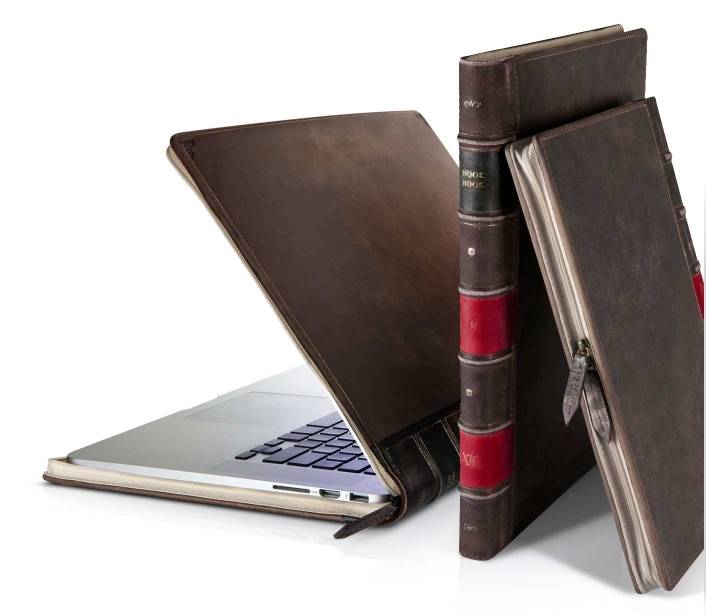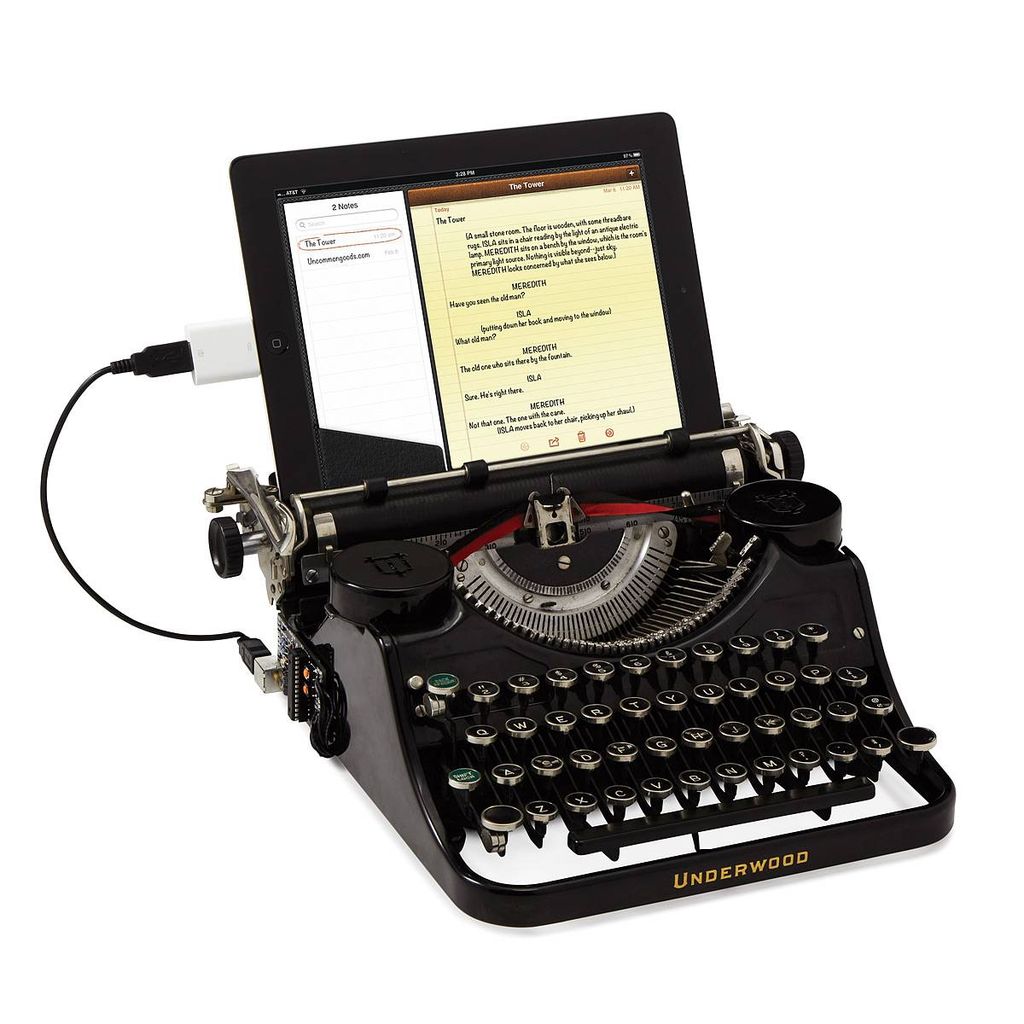Last year, I set an ambitious goal for myself to read more books. I set a numerical target and started the year with great intentions of meeting it. But I got bogged down in my fifth book (which in retrospect I probably should have abandoned rather than continue plodding through it) and ultimately had to give up on my goals. Simply setting a numerical target for myself didn't work.
I still love to read. It's dangerous for me to walk into a book store or even a Goodwill store (where I am finding more and more of my books these days). I have figured out though that I need a better plan than simply setting a numerical target. Rather than concerning myself with numbers I needed to be more purposeful in what I was reading and how I was reading. In order to do this, I have decided to adopt a more specific plan in how I am going to read.
First,
I need to be more deliberate in my reading. Witht the Internet and a smartphone at my fingertips I realized that it is way too easy to waste time. And it's time that could be better spent reading books. This means also being willing to even schedule time each day to devote to one of my reading projects.
Second,
I need to be more focused in my reading. I typically don't try to read multiple books at the same time but have come to the conclusion there is a case to be made for it. My reading needs to be focused on three areas:
- Spiritual enrichment - As a Christian, I need to be reading Scripture every day. In addition, I plan to select books that will draw me into the Bible and help me understand it better.
- Business - I am a manager for my employer. In order to be more effective in my job, I need to be learning how to do it better. I also need to select books that will allow me to draw insights that I can share with my team to help them be more successful.
- Pleasure - not all reading has to be "assigned" reading. There should still be room for reading books that are fun and interesting to me.
Third,
I need to write in my books. This is something I typically haven't done. But nearly every article I have read on effective reading and comprehension calls for both highlighting and making notes in the book. It's a way to pick out those things that are most important. By making notes I am taking the opportunity to write in things that I have thought about what I have read - particularly when it is my first time through a book. It's also important to note that in order to do this I have to have a physical copy of the book. Although I enjoy e-books (and they certainly have their advantages) the big disadvantage is that you can't write in them. The experience of reading is not the same as it is turning the pages of a physical book.
Fourth,
I need to take notes. This is separate from highlighting or writing in the book. Some books are best read with a notebook beside you. By writing notes as you are reading you can increase your comprehension. I find that whether reading a book or listening to a sermon I comprehend more when I am taking notes. It forces me to be a more active listener engaged with the speaker or author.
Finally,
I need to take my time. One of the problems I had with setting a numeric goal was I always felt I needed to rush on to the next book and didn't have the ability to really take my time and dive deep into a book. Sometimes the best books are those we meditate upon and turnover in our minds. Those are the books that are most likely to make the biggest impact on us.
This is my plan at least for now. I don't know whether this will be more effective than any other strategy that I have adopted. Regardless of how we go about it, we need to invest more time in books. They are an endless treasure trove waiting to be discovered.
















